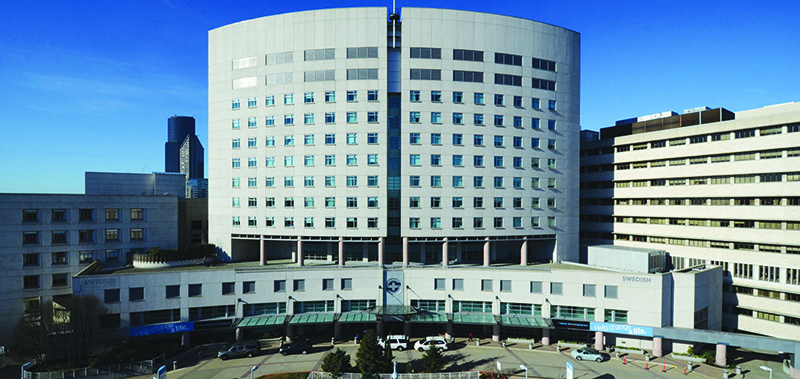
By Kim Kalliber, Tulalip News
For firemen, police officers, doctors and nurses, every day is a new day, with new dangers. Now add a global pandemic to that. With shortages of equipment and tests, to political uncertainty provoking protests outside of health institutions in some states, one can only imagine the levels of stress, anxiety, fear and frustration these workers are under.
According to a March 31, 2020 CNN report, hospitals across the nation began seeing COVID patients in early March and many quickly became overwhelmed. Though many people suffering from the virus experience symptoms that can be treated at home, those with more severe symptoms, including shortness of breath or chest pain are encouraged to consult their doctor or to visit an ER.
We spoke to an RN at Seattle’s Swedish Hospital, who prefers to go only by Mary, about her experience working first-hand in the COVID-19 environment.
“The COVID patients I have seen have been from anywhere from the age of 28 to age 89. They all have fever and respiratory symptoms. Some have been otherwise healthy and others have had underlying medical problems such as asthma and heart disease,” explained Mary about the patients that have been admitted to the hospital.
Those wondering if they should visit an ER or not, need to keep a close eye on their symptoms, especially if they persist.
“You should call your doctor if you have a fever or a cough or if you think you may have been exposed to someone with COVID,” said Mary. “You should call 911 if you have any emergency signs such as trouble breathing, persistent pain or pressure in your chest, new confusion, inability to arouse or any bluish lips or face.”
Questions from the general public about local hospitals include whether they are full or still accepting patients. Mary explained that Swedish prepared early on for the virus, and kept rooms available for patients along with rescheduling and canceling surgeries.
“The hospital campus I work at is not at its capacity. The hospital prepared itself in COVID’s early stages by not doing any elective surgeries or procedures to make room and have staff available for surges of COVID patients. Right now, the hospital has plenty of beds for any new cases of COVID patients.” Mary went to on the say that Swedish is beginning to open up limited surgeries for originally scheduled, non-COVID patients.
Even though staff are in fact seeing a slowdown of COVID-admitted patients, it is still an extremely stressful environment.
“The general feeling I am getting at work is frustration. It is overwhelming when rules and protocols change daily and we never know what to expect. We are still limited on our supplies.”
In addition to administrative stress, there is the fear of having contact with the outside world and going home to family members. Mary practices constant handwashing and other important steps when leaving a hospital shift.
“When soap and water is not available I use hand sanitizer,” she said. “Social distancing. I always wear a mask to the store and try not to spend a lot of time shopping in the store. I never wear my scrubs home. I make sure to not bring hospital germs out into the public or home. I take my vitamins, asthma medications, and try to get good sleep.”
“All employees are screened before they come in to work. We all get our temperature taken and are asked if we have any respiratory symptoms. If we have a fever over 100 degrees, we are sent home and our manager is notified. At my hospital campus, thankfully, COVID cases are slowing down. But we all still have to keep protecting ourselves and families by handwashing and social distancing because we still have some positive COVID cases coming into the hospital.”
As far as states making plans to re-open businesses, and the quarantine backlash from protestors, Mary says, “The nurses on my unit and I agree that it is a little early for things to be reopening. We don’t think enough time has gone by for the virus to have been on the decline, there are still too many active cases to be loosening the social distancing guidelines. We have to be careful.
The protests are not helping anyone. There are other ways people can voice their opinion without gathering in large groups at this point in time, with the virus still being active as much as it is.”
As a reminder, Tulalip Bay Fire has an ambulance in service, which can transport community members transported directly from their residence to the reservation’s primary medical facility. For concerned citizens who are beginning to experience COVID-19 related symptoms, please call the Tulalip Health Clinic’s main line at (360) 716-4511 to speak to their medical professionals.